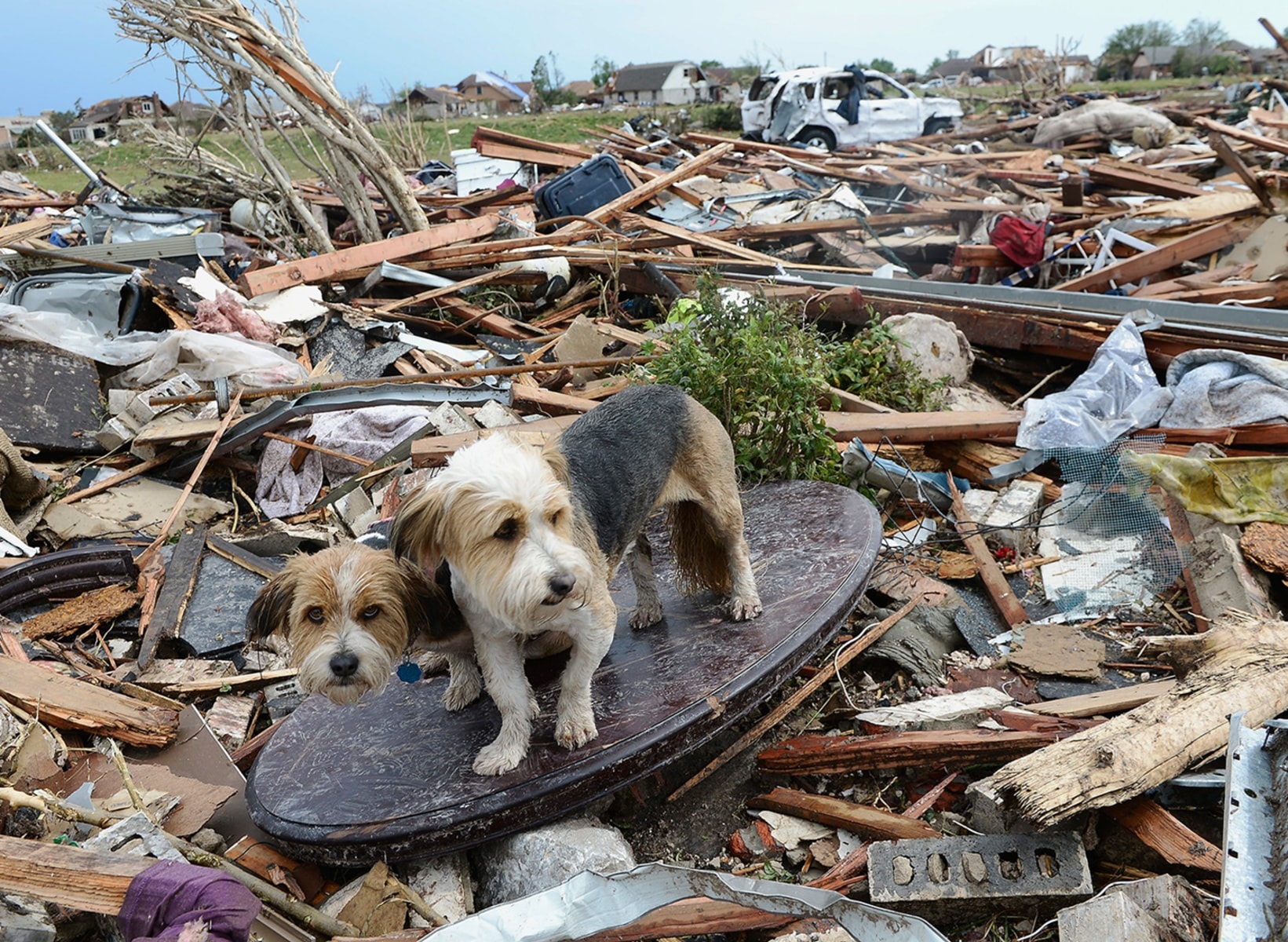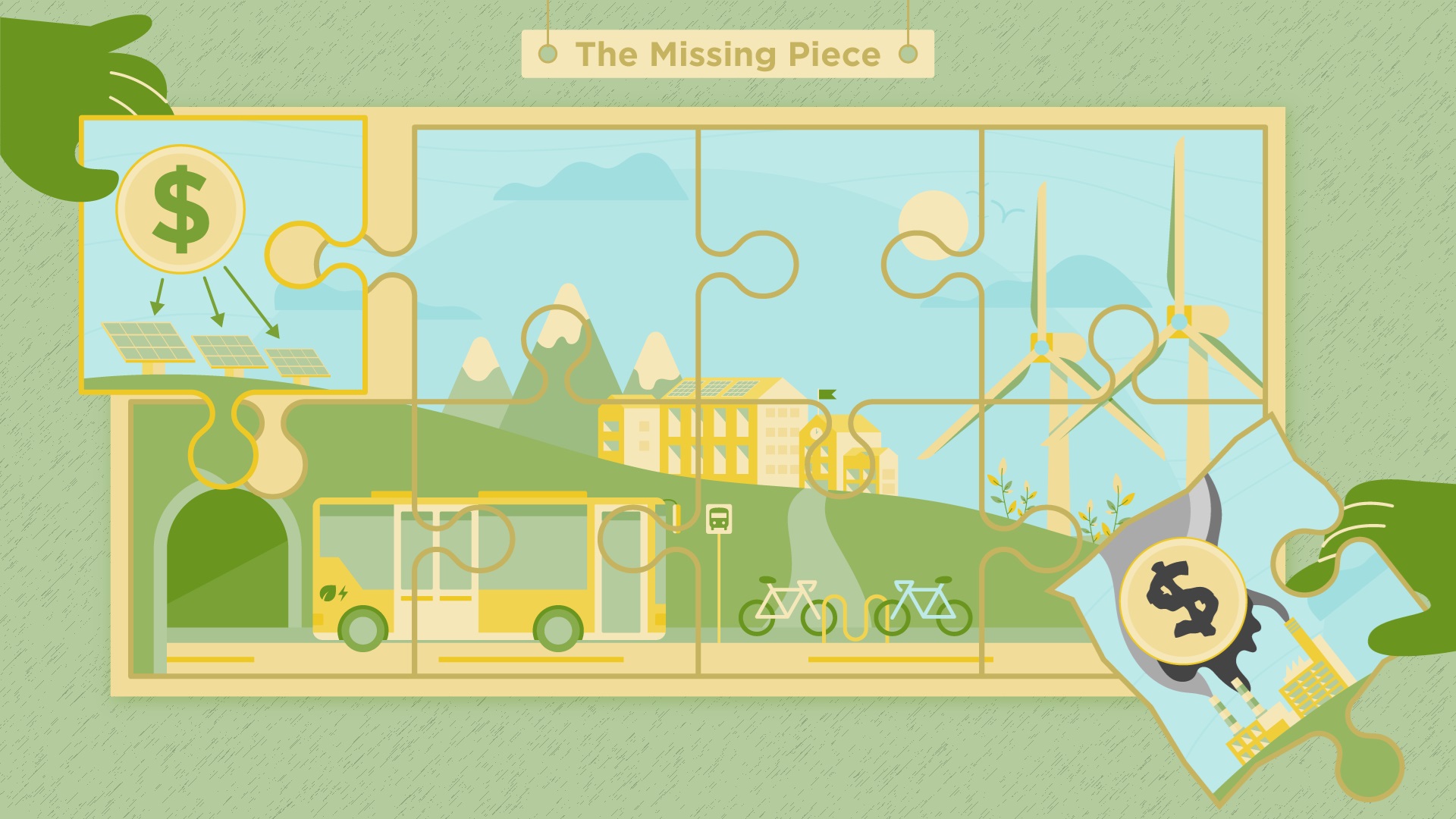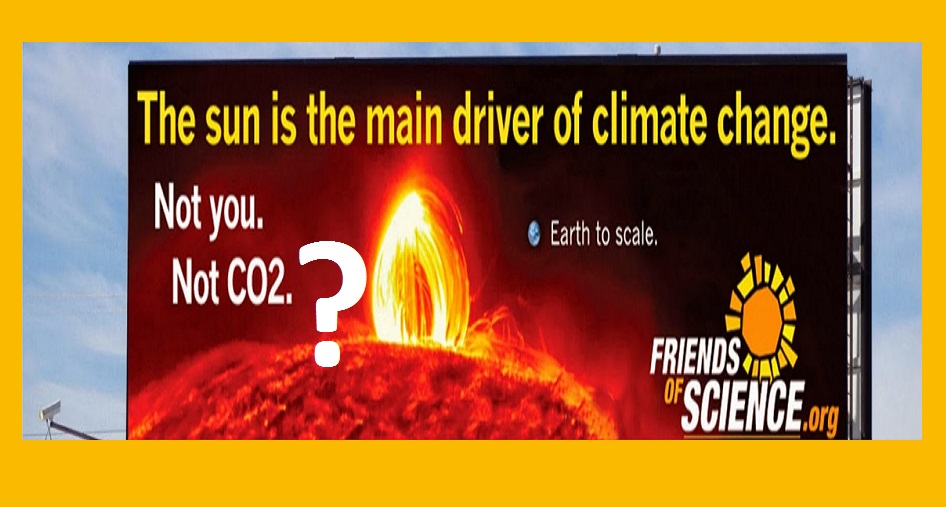67% of households are home to pets— cats, dogs, and fishes (American Pet Products Association).
[According to a report, 67% of Canadians feel they live in low to moderate risk areas for natural disasters. In actuality for example, British Columbia is at risk for an earthquake up to magnitude 9.0. In comparison in 2011 it was a mag 9.0 in Japan that created the devastating tsunami.]
Why do we ignore the greatest threats to our pets well being, vulnerability to wildfires, floods, tornadoes, and other disasters?
Enter PHaR (Pet Help & Rescue app): the world’s first pet evacuation app.

Using a tight neighbors network, when disasters strike, activate the app, for a dedicated channel to arrange the rescue of your beloved animal companion.
Dave Crawford, Executive Director and Co-Founder of Animal Help Now, helped write the country’s first state legislative bill to double fines for traffic infractions in wildlife crossing zones; spearheaded RMAD’s nationwide boycott of Nalgene water bottles; stopped a multinational organization from building a Plexiglas zoo at Rocky Mountain National Park; and produced the country’s first video exposing conditions inside intensive egg facilities.


Crawford says, “PHaR was produced following the Marshall fire (Boulder County, CO; December 30, 2021), which took the lives of an estimated 1,000 dogs, cats and other pets.
Studies show – as did David’s personal experience in the Marshall Fire – that when disasters strike and you’re not home, your neighbors are your best bet to have your pets evacuated. PHaR is the only app of its kind. Not only in the United States, but in the entire world.”

A view of the destruction post tornado Moore, Oklahoma.
With this animal-focused tech nonprofit app, record and then, when needed, provide to your trusted contacts all the info they need to evacuate your beloved pets, including where their go-bag is, where their meds are, where they hide when scared, and how to get into your home.
For more info, visit www.AHNow.org www.PHaR.org @animalhelpnow @animalhelpnowapp (IG) @pethelpandrescue
More about the non profit
Animal Help Now, a nonprofit which operates its namesake wildlife emergency app, created PHaR. The 30-month effort started a week after the Marshall fire and culminated in the nationwide release on July 5, 2024.
Animal Help Now is a volunteer-based nonprofit with a budget under $200,000 USD/ $276,000 CAD. Creating PHaR was possible only because of public support and the dedication, perseverance and hard work of the organization’s mission-driven volunteers.

More about David:
David Crawford is co-founder and executive director of Animal Help Now. Dave has a Bachelor’s Degree in Computer Science and Mass Communication. He has been working on animal issues since 1989. He is co-founder and former long-time executive director of Rocky Mountain Animal Defense (RMAD). In that role, Dave led one of the most respected and effective regional animal advocacy organizations in the country; he produced the country’s first video exposing conditions inside intensive egg facilities; and he led the successful effort to stop a multinational organization from building a Plexiglas zoo at the Estes Park entrance to Rocky Mountain National Park. RMAD also convened the first national conference on prairie dogs – the 2001 Prairie Dog Summit – and was central to the founding of the Prairie Dog Coalition. For the Silo, Kat Fleischman.




